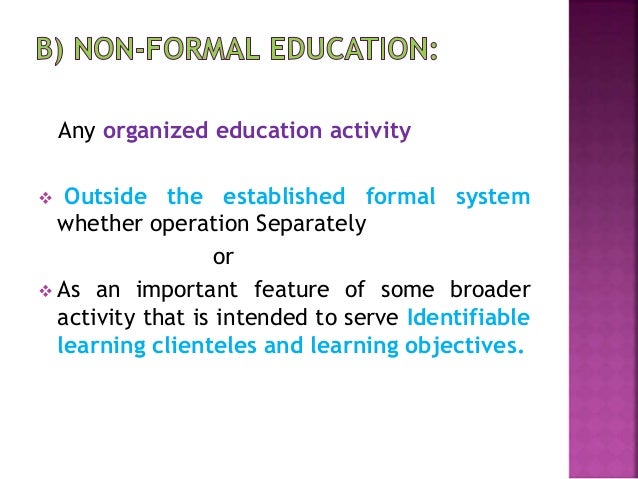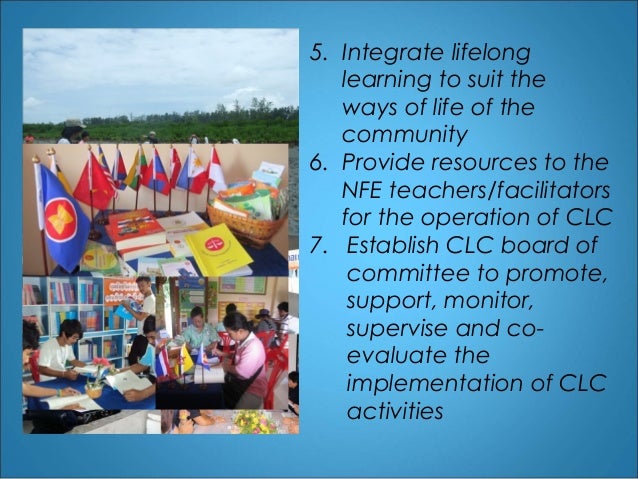

- #Community participation in non formal education worksheet how to#
- #Community participation in non formal education worksheet free#
The Family Engagement for High School Success Toolkit.
#Community participation in non formal education worksheet free#
#Community participation in non formal education worksheet how to#
How to Develop a Logic Model for Districtwide Family Engagement Strategies.A New Tool for Understanding Family - School Relationships: The Harvard Graduate School of Education Pre K-12 Parent Survey.Connecting Families and Schools: An assessment tool for educators working with culturally and linguistically diverse students.Resources to Strengthen Program Evaluation.Washoe County School District Family Engagement Rubric.


National Network of Partnership Schools - Joyce Epstein’s Framework.PTA National Standards - Family Engagement Tools.Numerous frameworks exist to support systematic family engagement. Creating a Respectful and Open World for Natural Hair (CROWN Act)Įffective family engagement utilizes a comprehensive framework which focuses on the needs of students, families and educators.Notice of Public Meetings and Public Comment.News Releases and Executive Numbered Memos.Director of the Oregon Department of Education.Oregon General Equivalency Diploma (GED).State E-Rate Program and Broadband Connectivity.Resources for School and District Office Administrators.Pupil Transportation and Fingerprinting.Key Dates for Accountability and Reporting.Institution Identification - School Names.Continuous Improvement Process and Planning.Teaching Material and Content Resources.Student Permanent Records Information for Registrars.School Capital Improvement Planning Task Force.Graduation Requirements and College Preparation.Assessment and Accountability Students and Families Resources.This book will appeal to academics, researchers and post-graduate students in the fields of youth studies, community studies, sociology of education, political science, social work, psychology and anthropology. It also investigates how it comes about that young people get involved in different forms of participation in the course of their biographies. The book provides a comparative analysis of how transnational discourses, national welfare states and local youth policies affect youth participation. This book discusses how different spaces and places structure and are in turn structured by young peoples’ activities.ĭrawing on findings from a comparative study in eight European cities, insights into different styles of youth participation emerging from formal, non-formal and informal settings are presented. Young People and the Struggle for Participation rethinks dominant concepts and meanings of participation by exploring what young people do in public spaces and what these spaces mean to them, individually and collectively.


 0 kommentar(er)
0 kommentar(er)
